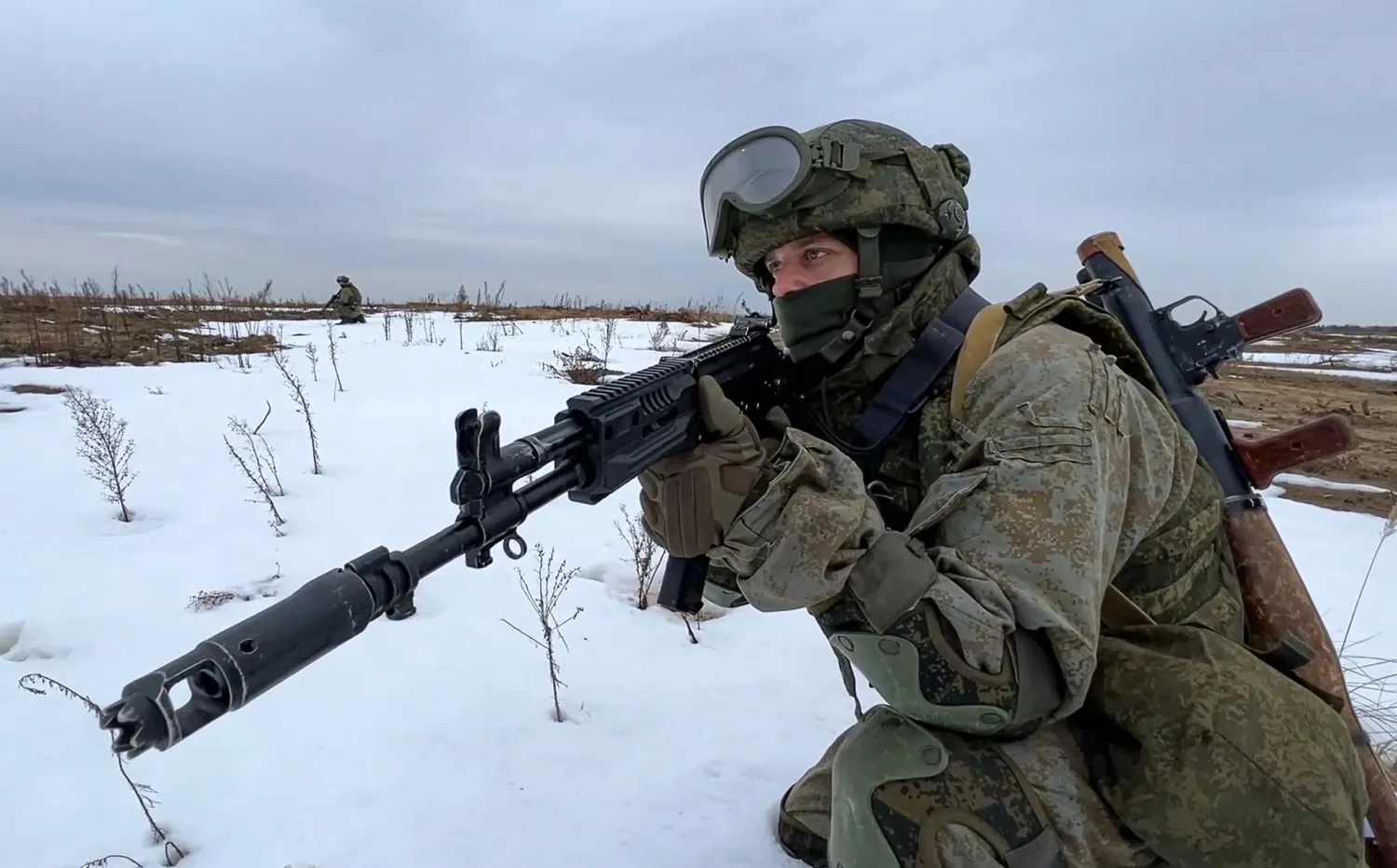The Russian army has retreated more than 30 kilometers (18 miles) east of Kyiv in the past 24 hours and has begun to establish defensive positions on several fronts in Ukraine, a senior Pentagon official said Wednesday.
"The Ukrainians have managed to push the Russians back 55 kilometers east and northeast of Kiev," the senior official, who requested anonymity, told reporters. "That is a change from yesterday."
On Tuesday the Pentagon had estimated that Russian forces were around 20 kilometers from the center of the capital, AFP said.
To the northwest, "they're basically digging in and they are establishing defensive positions," the official added. "So it's not that they're not advancing. They're actually not trying to advance right now."
Moscow's indiscriminate attacks have devastated several Ukrainian cities since it sent tens of thousands of troops into its eastern European neighbor on February 24, with the civilian toll soaring and more than ten million people fleeing their homes.
Many analysts still see no clear path out of the conflict.
Even so, Ukraine's resistance -- backed by millions in Western military aid -- has been unexpectedly fierce.
Russian forces also remain blocked 10 kilometers from the center of Chernihiv, northeast of Kiev, according to Pentagon estimates.
They are "stalled" and in some places "they are ceding ground, they are actually moving in the opposite direction, but not by much," the official noted.
While in Kharkiv in the east, where fighting remains intense, Russian forces are still 15 to 20 kilometers from the city center and face "very, very stiff resistance" from the Ukrainians, according to the official.
The Russians appear to be focusing on the pro-Russian separatist regions of Donetsk and Luhansk in the east.
The official said the Pentagon believes Moscow is "at least to some degree trying to fix Ukrainian forces" in that area "so that they can't be used elsewhere."
To the south, however, the Russian Navy is using the port of Berdyansk on the Sea of Azov for refueling.
Finally, the Pentagon has seen no change around the city of Odessa, on the Black Sea.
While several missiles were fired in the direction of Odessa from Russian ships earlier this week, this did not happen on Tuesday or Wednesday, the official said.
The comments come a day after Pentagon spokesman John Kirby said that the Ukrainians are "in places and at times going on an offensive," and are "going after Russians and pushing them out of places."









